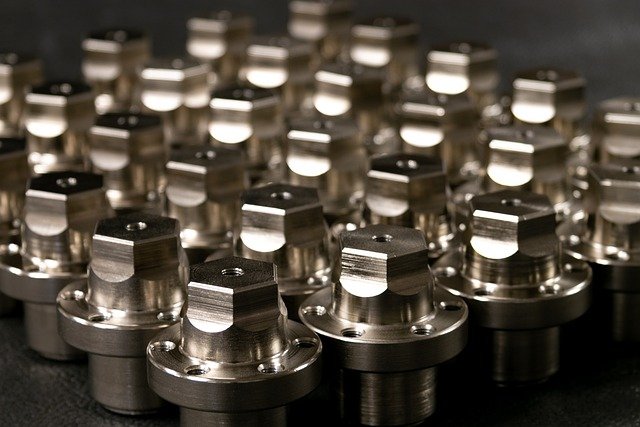Equine Dentistry: The Hidden Key to Horse Health
Imagine a world where your horse's performance, comfort, and overall well-being hinge on a often-overlooked aspect of care: their teeth. Equine dentistry, a specialized field combining veterinary science and horsemanship, has emerged as a crucial component of comprehensive horse care. This article delves into the fascinating realm of horse dental health, exploring its impact on equine welfare and the cutting-edge techniques transforming this essential practice.

Understanding Horse Teeth: More Than Just Chewing
Horse teeth are remarkably complex structures, designed to grind tough plant material continuously. Unlike humans, horses’ teeth grow throughout their lives, necessitating regular maintenance. The average horse has between 36 and 44 teeth, including incisors, canines, premolars, and molars. Each type serves a specific function, from grasping grass to grinding feed.
Common Dental Issues in Horses
Equine dental problems can significantly impact a horse’s quality of life. Sharp enamel points, uneven wear, and malocclusions are among the most frequent issues. These can lead to difficulty eating, weight loss, behavioral problems, and even performance issues in riding horses. Regular dental check-ups can identify and address these problems before they become severe.
Modern Equine Dental Techniques
Today’s equine dental practitioners employ a range of sophisticated tools and techniques. Power tools have largely replaced manual rasps, allowing for more precise and efficient treatment. Sedation is often used to ensure the horse’s comfort during procedures. Advanced imaging technologies, such as digital radiography and intraoral cameras, enable detailed examinations and accurate diagnoses.
The Impact of Dental Health on Performance
For competitive horses, dental health can be the difference between winning and losing. Proper dental care ensures comfortable bit acceptance, better performance, and reduced risk of behavioral issues stemming from oral discomfort. Many top equestrians now include regular dental check-ups as part of their training regimen.
Preventive Care and Home Maintenance
While professional care is essential, horse owners play a crucial role in maintaining their equine companions’ dental health. Regular visual inspections, monitoring eating habits, and being alert to signs of discomfort are vital. Some owners are even learning basic techniques to supplement professional care, though this should always be done under veterinary guidance.
The Future of Equine Dentistry
As research continues, the field of equine dentistry is poised for further advancement. Emerging technologies, such as 3D printing for custom dental appliances and minimally invasive surgical techniques, promise to enhance treatment options. Additionally, there’s growing interest in the relationship between dental health and overall equine wellness, potentially leading to more holistic approaches to horse care.
Economic Considerations
Investing in regular equine dental care can lead to significant long-term savings. Preventive care typically costs between $100 to $300 annually, while treating advanced dental issues can run into thousands of dollars. Moreover, the improved health and performance resulting from good dental care can increase a horse’s value and longevity.
Educating Horse Owners
Despite its importance, equine dentistry remains a mystery to many horse owners. Educational initiatives by veterinary associations and equine welfare organizations are crucial in raising awareness. Workshops, online resources, and hands-on demonstrations are becoming increasingly common, empowering owners to take a more active role in their horses’ dental health.
Conclusion
Equine dentistry stands at the forefront of modern horse care, offering a pathway to enhanced health, performance, and quality of life for our equine companions. As research progresses and techniques evolve, the field promises to unlock even more benefits for horses and their owners. By embracing regular dental care, we not only ensure our horses’ comfort but also deepen the bond between human and equine, fostering a partnership built on understanding and attentive care.





